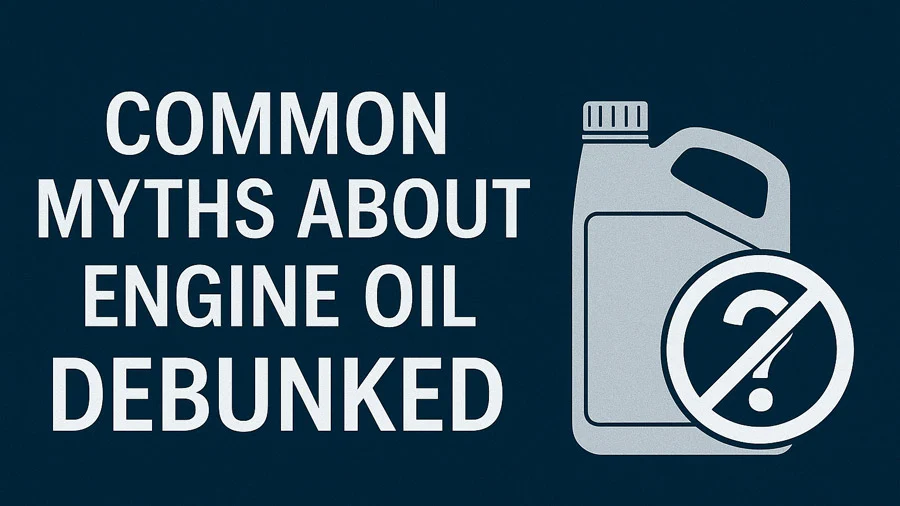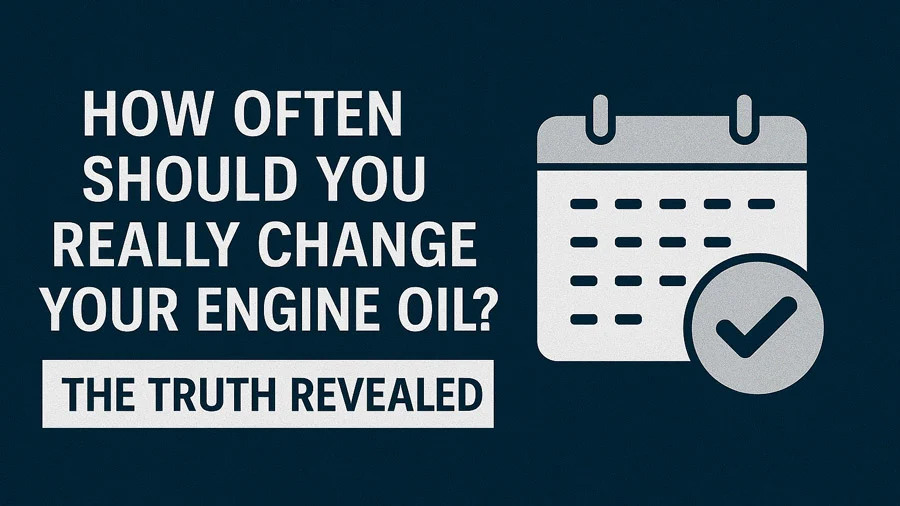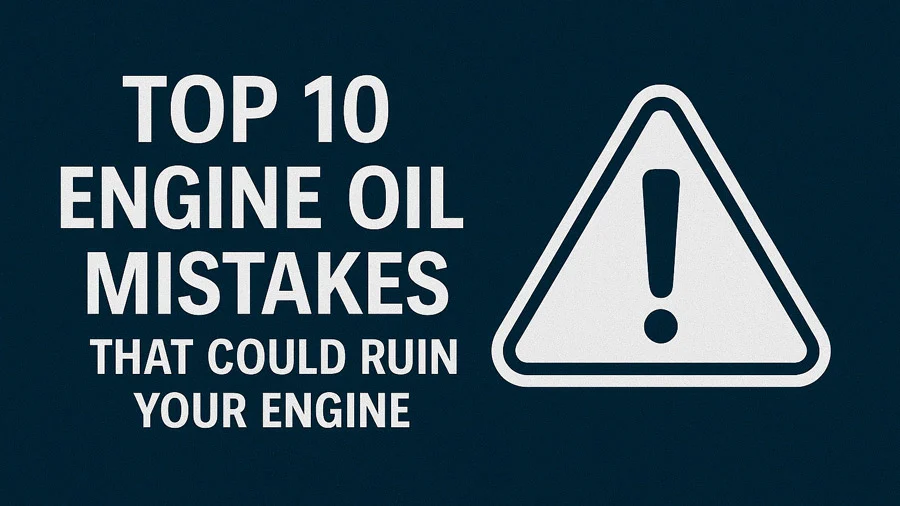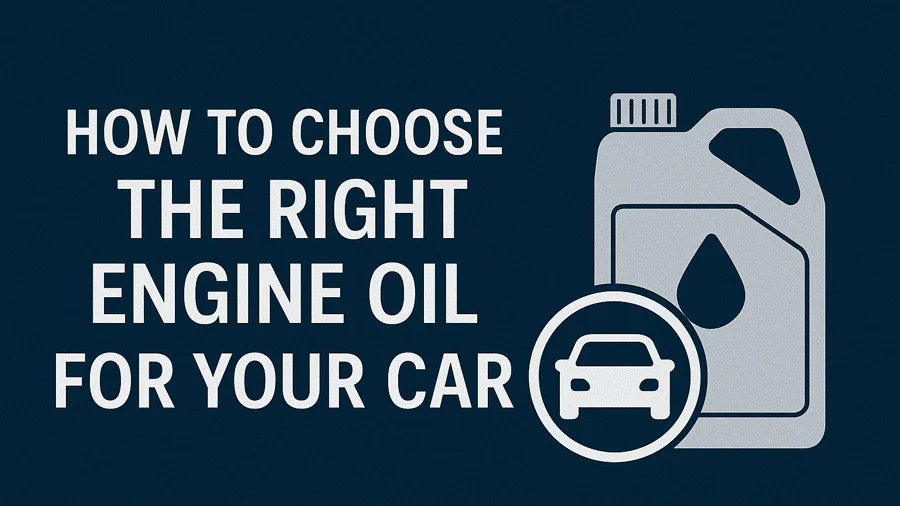Have you ever wondered what makes engine oil more than just slippery liquid? The secret is in the additives—tiny but powerful chemicals that transform basic oil into a high-performance engine protector. Without additives, even the best oils would fall short in protecting your engine under stress.
Table of Contents:
What Are Engine Oil Additives?
Additives are special compounds blended into engine oil to enhance its performance. They help the oil fight wear, clean the engine, control viscosity, prevent corrosion, and much more.
Types of Common Additives
Let’s break down the main players:
Detergents: Keeping Your Engine Clean
Detergents neutralize acids and clean deposits that form during combustion. They prevent sludge and keep engine parts shiny and functional.
Dispersants: Preventing Sludge and Deposits
Dispersants keep contaminants suspended in the oil, so they don’t clump and cause blockages.
Anti-Wear Additives: Protecting Engine Parts
These form a protective layer on metal surfaces, reducing friction and wear during engine operation.
Viscosity Modifiers: Keeping Oil Flow Consistent
They help oil maintain the right thickness across temperature changes, so it flows smoothly whether cold or hot.
Antioxidants: Fighting Oil Degradation
Antioxidants slow down oil oxidation, which causes thickening and acid formation.
Corrosion Inhibitors: Guarding Metal Surfaces
They protect engine metals from rust and corrosion caused by moisture and acids.
How Additives Improve Oil Performance
Thanks to additives, engine oils can last longer, protect better, and handle extreme temperatures and pressures without breaking down.
Why Additives Matter in Synthetic vs. Conventional Oils
Both synthetic and conventional oils rely on additives, but synthetic oils often have more advanced additive packages tailored for superior protection.
Can You Add Additives to Your Oil Yourself?
It’s tempting, but generally not recommended unless specified by your mechanic or oil manufacturer. Poor additive mixes can reduce oil performance.
Myths and Facts About Oil Additives
Some think additives are just marketing gimmicks—far from it. They’re essential for modern engines, especially with today’s stricter emission standards and engine designs.
Choosing Oils with the Right Additive Package
Look for oils that meet certifications like API SN/SP, ACEA, or manufacturer specs to ensure a balanced additive package.
Conclusion: Additives — The Unsung Heroes of Engine Oil
Next time you pour oil into your engine, remember the unseen additives working hard to protect your car every mile. They might be small, but their impact is huge.
FAQs
Yes, additives are standard in all quality engine oils.
They help protect but can’t reverse existing damage.
Generally, yes. Synthetic oils tend to have more advanced additives.
It’s best to follow manufacturer advice before mixing.
Check the oil’s certification and specifications on the label.



